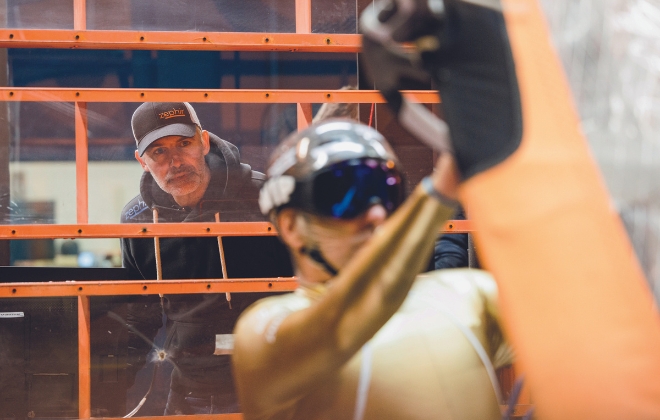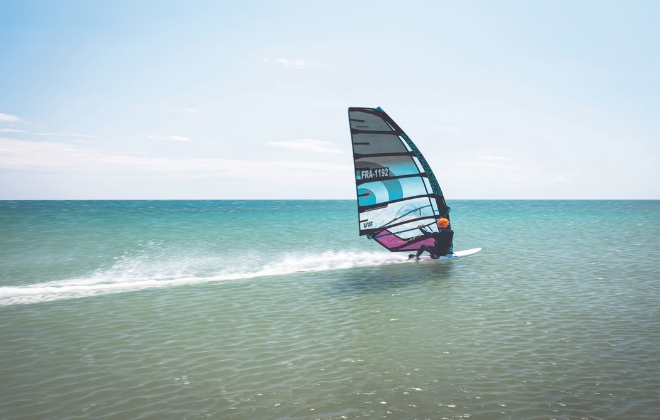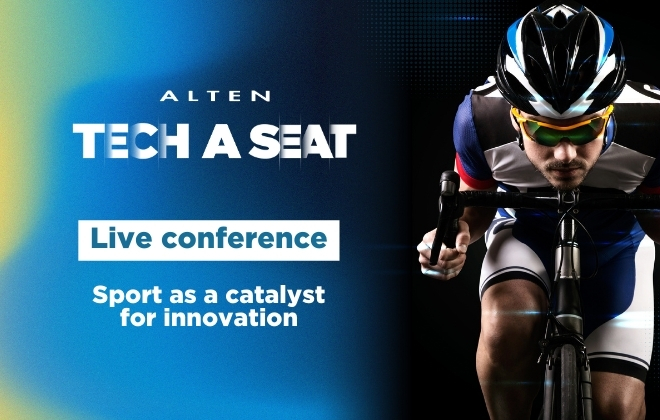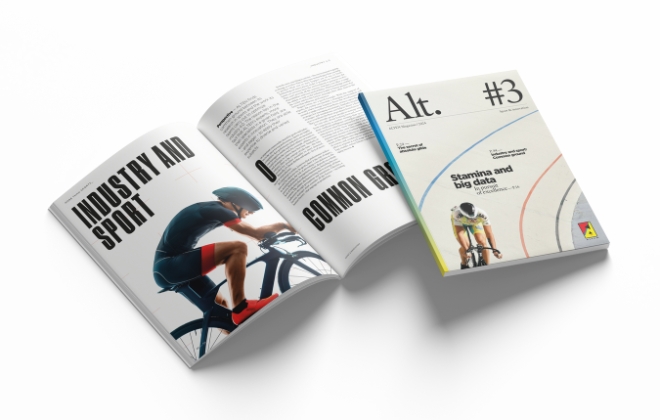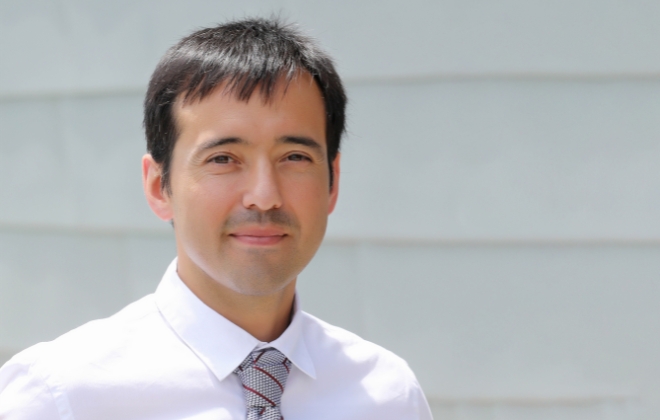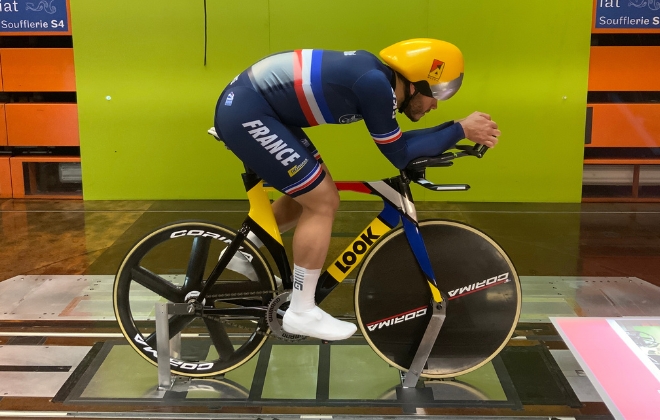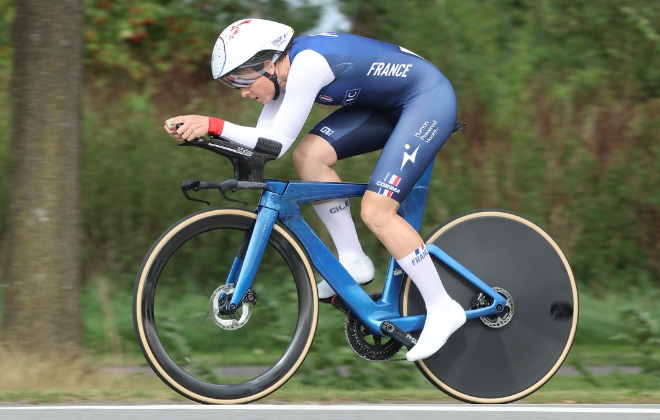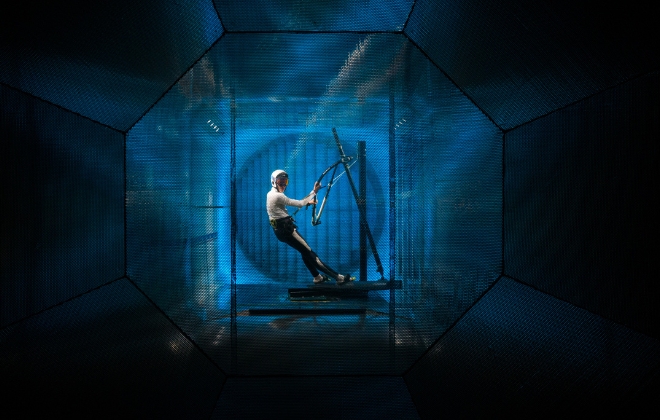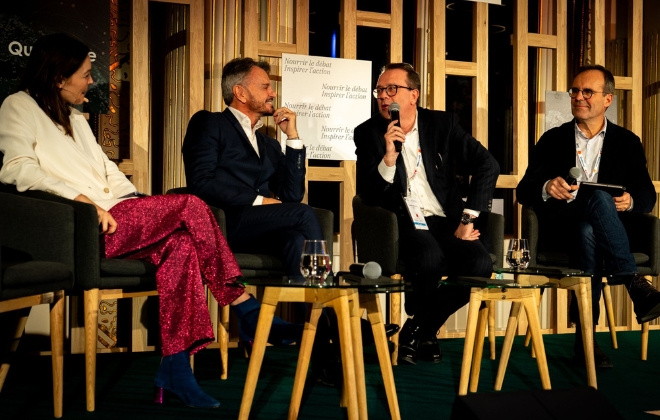Gaëtan Charlot – Finding strength in challenges

Interview with Gaëtan Charlot, a paralympic fencing champion
Gaëtan Charlot, a paralympic fencing champion, also has a degree in engineering from the National Institute of Applied Sciences (INSA) in Lyon. ALTEN sponsors Gaëtan’s participation in important international competitions.
For Gaëtan, this makes all the difference: “Knowing that a company like ALTEN is behind you means knowing you’re not on our own, that there are people who believe in you, and that’s really motivating.”
When did you begin fencing? What motivated you?
I started doing sports at a very young age, when I was seven. I was born with a handicap – with spastic diplegia. It’s a neurological malformation that causes my lower limbs to become disconnected. I can’t always control my legs. Normally it’s one arm and one leg, but in my case my arms are fine. The doctors advised me to take up a physical activity. There was a fencing club nearby, so I gave it a try and I haven’t stopped.
When did you begin to compete in fencing?
I started competing in 2015. Recreational fencing was nice, but as you work at it more and more, you get the urge to try a bit of competition, to see what it’s like. The good thing about sports is that they push you to go beyond your limits. It’s a way of getting to know yourself – of developing physically and socially.
When did ALTEN begin to support you?
ALTEN has supported me for six years now, since 2018, and I’m very thankful for that. Would I have been able to succeed without ALTEN’s support? Would I have been able to get where I am today, an engineer, a high-level sportsman qualifying for the Paralympics in 2028? It’s a journey we’ve made together.
How do you prepare to excel?
Basically, in fencing we’re trained to perform certain actions over and over. We rehearse the gestures so much that we know how to do them almost automatically. The question, then, is what action to perform at each moment? Timing is key. Good timing, good rhythm. The right intensity and the right choice. That’s why I like this sport. You have to work on both the physical aspect and the technique behind it. It’s all about technique. When you’re one-on-one, you have to be in control. You want your opponent to come to you, not to be taken where they want you to go.
How often do you train?
I train about 15 to 20 hours a week. That means working on the physical, tactical, combat and mental aspects. And there’s also physiotherapy, recovery – everything is included.
How do you reconcile sports with your job as an engineer?
I have agreements with my company that allow me to arrange my working hours. Because let’s face it, I can’t be at work 100% of the time. There are weeks when you’re not there at all, when you’re in training or you go off to compete abroad. It’s all about scheduling as optimally as possible. For example, if I have a training session, I’ll modify my calendar accordingly. Or if I need to postpone something because we have an important meeting at work, I’ll adapt my plans. It’s a question of balance, but it’s possible because everyone knows what’s going on.
What does ALTEN’s support mean to you?
ALTEN is invaluable. It gives me peace of mind to know that I have my budget for the year and that I can compete in World Cups and national events. But aside from that, knowing that a company like ALTEN is behind you means knowing you’re not on our own. When I’m in a competition and am having a difficult time – it happens, you’re not in the right mood, you’re not feeling well – I know there are people who believe in me. That’s really motivating. Moral support is something you can’t codify, but without it you’d give up pretty quickly. Because in opposition sports like ours, only one person wins.











